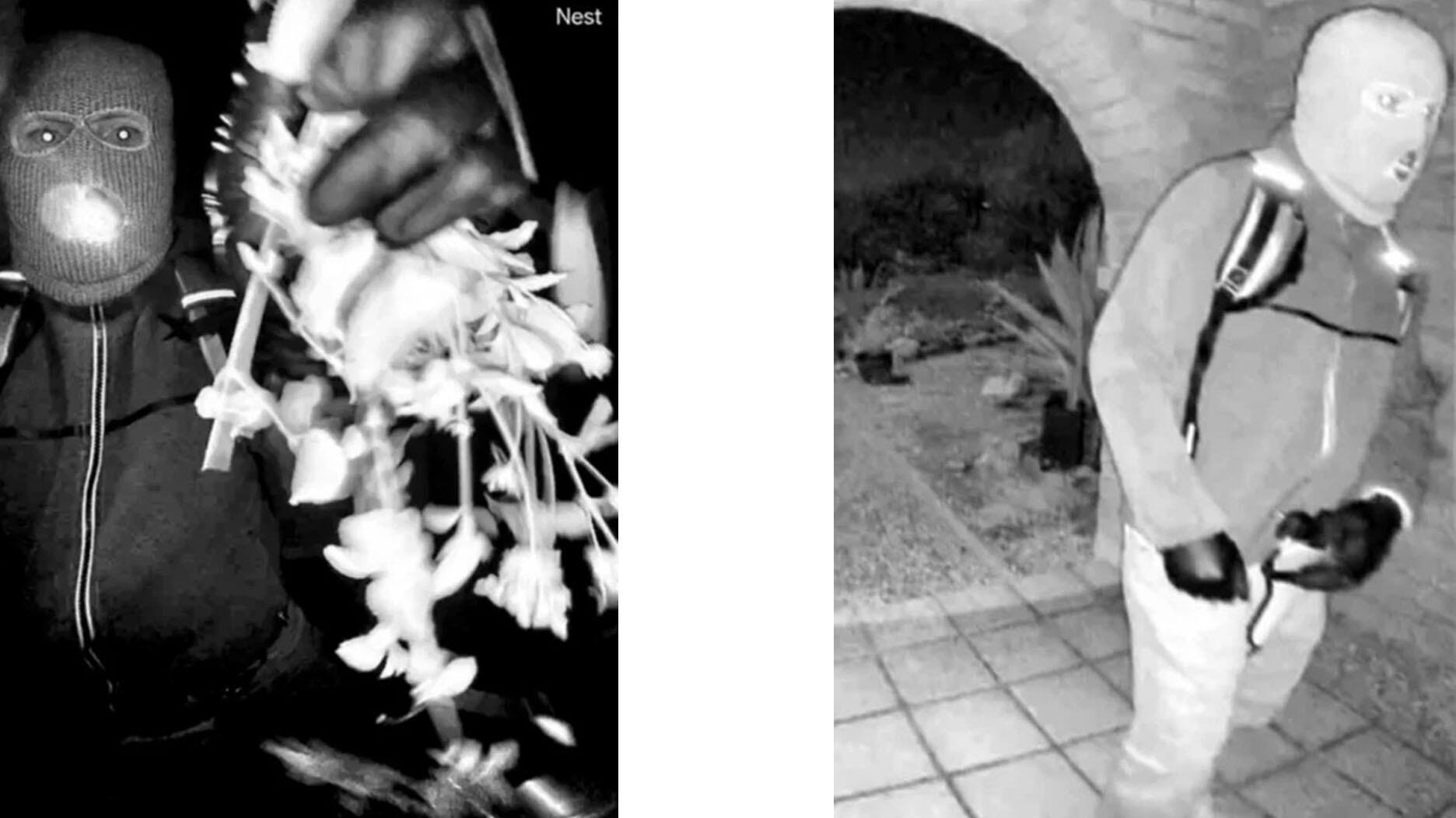Brink’s to Pay $42M After Admitting to Illegally Transporting Money
The company has to pay the Justice Department and FinCEN for violating the Bank Secrecy Act, the U.S.’s main anti-money laundering law.

In a Feb. 6 statement, the company announced that Brink’s Global Services USA had reached two separate resolutions regarding certain shipments of cash made between 2018 and 2020—a non-prosecution agreement with the U.S. Department of Justice and a consent order with the U.S. Treasury’s Financial Crimes Enforcement Network (FinCEN).
A non-prosecution agreement allows a company or individual to avoid criminal prosecution if certain criteria are met.
According to a DOJ release from the U.S. Attorney’s Office for the Southern District of California, Brinks USA admitted that it violated Bank Secrecy Act rules requiring that a company transporting money to a third party register with FinCEN and maintain anti-money laundering compliance programs, neither of which Brink’s USA did.
The non-prosecution agreement lists a number of instances in which Brink’s USA illegally transported money.
As one example, the DOJ said Brink’s USA transported more than $15 million from a money service business in San Diego to a separate money service business in Florida across 12 transactions.
According to the DOJ, Brink’s USA “did not seek or obtain information” confirming the final beneficiary of each transaction, ultimately transmitting the $15 million to a third party not identified by Brink’s USA.
On eight occasions, the company imported currency totaling more than $35 million into the U.S. from Mexico.
The DOJ said Brink’s USA and two other unnamed currency transporters imported and transported the money on behalf of a money service business located in Mexico for final delivery to several money service businesses in the U.S.
Such currency cross-border transshipments can avoid Bank Secrecy Act requirements if the transactions involve just one company/individual and no third parties, the DOJ explained, which was not the case with these transactions, making Brink’s USA an unlicensed money transmitter.
Between 2018 and 2020, Brink’s USA also shipped $800 million in bulk currency transactions as an unregistered money services business involving the U.S., Mexico, and Spain, according to FinCEN.
“For years, Brink’s moved large sums domestically and across the Southwest border without required AML controls, exposing the U.S. financial system to a heightened risk of money laundering, including from narcotics trafficking and other illicit activity,” FinCEN’s Director Andrea Gacki said in a statement.
One of these “high-risk entities” was a Mexican currency exchanger that later pleaded guilty to violating the Bank Secrecy Act, said FinCEN.
The case marks FinCEN’s first enforcement action against an armored car company, said the organization, while the DOJ said its settlement with Brink’s USA is believed to be the first with an armored car company based on admissions of criminal wrongdoing for failing to register as a money transmitting business.
Under the terms of the agreements, Brink’s USA has agreed to pay a total of $42 million over three years.
In a parallel enforcement action, Brink’s USA and FinCEN also resolved civil allegations related to the armored car company’s failure to maintain an adequate anti-money laundering program and other related violations.
Brink’s President and CEO Mark Eubanks said, “Maintaining compliant operations for our global community of customers is a fundamental principle of our business and our company values.”
When Brink’s learned of the DOJ investigation in 2020, the company conducted its own internal review, said Eubanks, and has since enhanced its global ethics and compliance program.
The improvements include adding more full-time compliance professionals, refining its anti-money laundering controls and its “Know Your Customer” policies.
“As an industry leader, we are committed to continuous improvement and are always evolving our program to address changing compliance risks,” said Eubanks.
The DOJ originally ordered Brink’s USA to forfeit $50 million but forgave half of the penalty due to the company’s swift action to bolster its ethics and compliance program, bringing the penalty to around $25 million.
FinCEN imposed a civil monetary penalty of $37 million but credited Brink’s USA $20 million for its payment to the DOJ, ultimately imposing a $17 million penalty, bringing the total to $42 million.
The Latest

In a 6-3 ruling, the court said the president exceeded his authority when imposing sweeping tariffs under IEEPA.

Smith encourages salespeople to ask customers questions that elicit the release of oxytocin, the brain’s “feel-good” chemical.
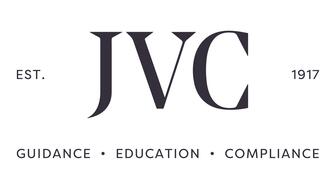
JVC also announced the election of five new board members.

Launched in 2023, the program will help the passing of knowledge between generations and alleviate the shortage of bench jewelers.

The brooch, our Piece of the Week, shows the chromatic spectrum through a holographic coating on rock crystal.


Raised in an orphanage, Bailey was 18 when she met her husband, Clyde. They opened their North Carolina jewelry store in 1948.

Material Good is celebrating its 10th anniversary as it opens its new store in the Back Bay neighborhood of Boston.

Criminals are using cell jammers to disable alarms, but new technology like JamAlert™ can stop them.
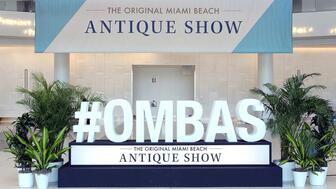
The show will be held March 26-30 at the Miami Beach Convention Center.

The estate of the model, philanthropist, and ex-wife of Johnny Carson has signed statement jewels up for sale at John Moran Auctioneers.

Are arm bands poised to make a comeback? Has red-carpet jewelry become boring? Find out on the second episode of the “My Next Question” podcast.
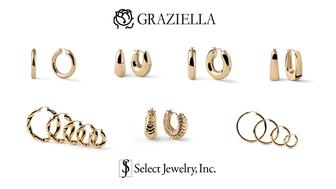
It will lead distribution in North America for Graziella Braccialini's new gold pieces, which it said are 50 percent lighter.
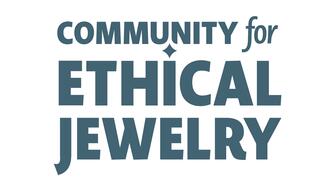
The organization is seeking a new executive director to lead it into its next phase of strategic growth and industry influence.
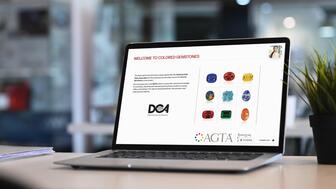
The nonprofit will present a live, two-hour introductory course on building confidence when selling colored gemstones.

Western wear continues to trend in the Year of the Fire Horse and along with it, horse and horseshoe motifs in jewelry.
![A peridot [left] and sapphires from Tanzania from Anza Gems, a wholesaler that partners with artisanal mining communities in East Africa Anza gems](https://uploads.nationaljeweler.com/uploads/cdd3962e9427ff45f69b31e06baf830d.jpg)
Although the market is robust, tariffs and precious metal prices are impacting the industry, Stuart Robertson and Brecken Branstrator said.

Rossman, who advised GIA for more than 50 years, is remembered for his passion and dedication to the field of gemology.

Butterfield Jewelers in Albuquerque, New Mexico, is preparing to close as members of the Butterfield family head into retirement.

Paul Morelli’s “Rosebud” necklace, our Piece of the Week, uses 18-karat rose, green, and white gold to turn the symbol of love into jewelry.

The nonprofit has welcomed four new grantees for 2026.

Parent company Saks Global is also closing nearly all Saks Off 5th locations, a Neiman Marcus store, and 14 personal styling suites.

It is believed the 24-karat heart-shaped enameled pendant was made for an event marking the betrothal of Princess Mary in 1518.

The AGTA Spectrum and Cutting Edge “Buyer’s Choice” award winners were announced at the Spectrum Awards Gala last week.

The “Kering Generation Award x Jewelry” returns for its second year with “Second Chance, First Choice” as its theme.

Sourced by For Future Reference Vintage, the yellow gold ring has a round center stone surrounded by step-cut sapphires.

The clothing and accessories chain announced last month it would be closing all of its stores.

The “Zales x Sweethearts” collection features three mystery heart charms engraved with classic sayings seen on the Valentine’s Day candies.













